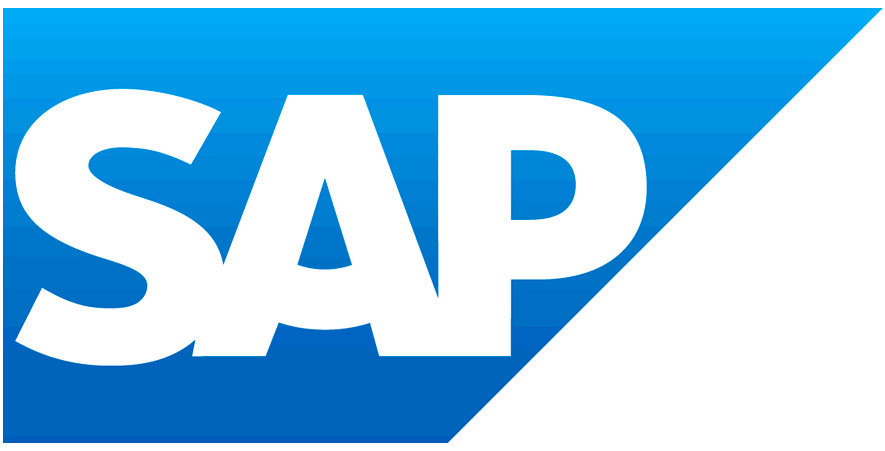How IBM, SAP, PepsiCo and MTV Link Sustainability to Career Development
Original blog by Heather Clancy on GreenBiz.com
Which approach do you think is more effective for learning a language quickly: hours of classroom grammar drills or a concentrated period of immersion in the country where it's the native lexicon?
With all due respect to academics, most of us would guess the real-world experience, and increasingly, the same can be said aboutemployee engagement initiatives.
No matter their original philanthropic or sustainability purpose, pro bono work experiences at home and abroad or programs such as social sabbaticals that combine business experts with non-profits in emerging markets are becoming valuable tools for professional development and workforce retention. TD Bank's quest to embed environmental awarenessacross its entire U.S. banking organization is one vivid example, and this theme was sounded loudly and often by a wide array of corporate sustainability and human resources executives speaking during theCommit!Forum conference this week in New York.
At high-tech giant IBM, for example, certain volunteer work -- including participation in its five-year-oldCorporate Service Corps program and the Smarter Cities Challenge -- counts toward employees' 40-hour annual requirement for continuing education and career development.
"Time and again, when we evaluate these programs with participants, they say they are the most successful educational or leadership program that they've experienced," said Stanley Litow, IBM's vice president of corporate citizenship and corporate affairs, and president of the IBM International Foundation.
Specifically addressing the value of traditional employee development programs versus these opportunities for real-world engagement, Litow said, "You have more control over the specific skills being developed. Imagine the premium you would place on having 300 or so people who can offer the experience you need on the ground. [Participants] are getting access to things that they would never get if our company were merely involved with checkbook philanthropy."
SAP's two-year-old sabbatical program -- which saw double the number of participants during its latest round of projects in places such as Brazil and South Africa compared with the first year -- likewise is becoming an integral part of the growth path for future leaders, said Saswato Das, head of thought leadership content for SAP Global Communications. "The main thing that we saw that our employees wanted was to do something different but something meaningful for their education," he said.
Continue reading the original sustainability blog on GreenBiz.com >>
Original source GreenBiz.com

